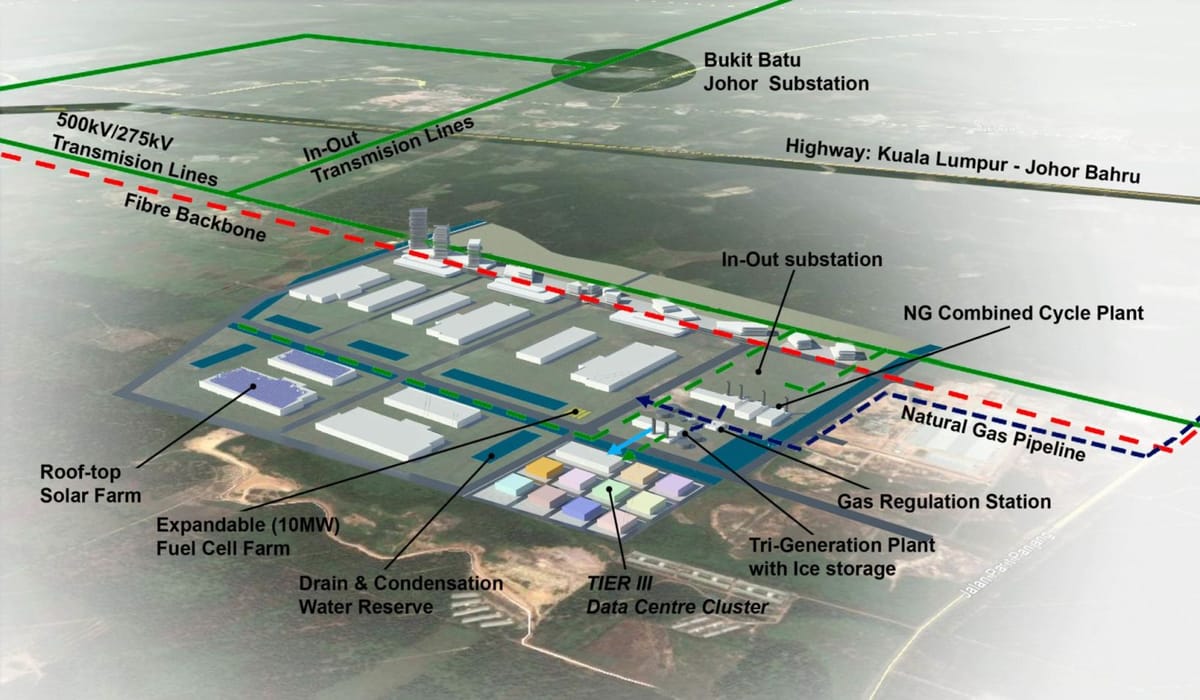Why Stargate won't stop the data centre buildup in Asia
Here are four reasons why data centre growth will continue.

Will DeepSeek or the Stargate Project disrupt the data centre buildup in Southeast Asia? I don't think so. Here's why.
I wrote about DeepSeek earlier this week. Do check out "What if AI never stop getting better" here.
AI is not everything here
Some weeks back, I wrote that while "AI" is always mentioned in new data centre announcements, I don't believe it makes up the bulk of workloads here.
From my conversations with data centre players looking to expand into Johor, the bulk of them offer services in various non-GPU-related niches:
- Colocation.
- Network hub.
- Disaster recovery.
- Secure data storage.
Even the hyperscalers who might conceivably be impacted won't stop building for the next reason below.
We still need data centres
Sure, DeepSeek showed that SOTA (state-of-the-art) AI models could be implemented with far greater efficiency than previously thought possible.
But efficiency doesn't negate the need for more data centres. A lot more. Some examples:
- Johor has already reached the tipping point as a data centre hub. Operators must get in or lose out.
- India is decidedly short of data centres given the size of its population and the rapid digitalisation there.
- Countries like Indonesia and Thailand are poised for growth to support pent-up data centre demand.
In my view, the market reaction to DeepSeek is simply a correction of the data centre growth projected in the West. But not a reflection of Southeast Asia because of the above reason.
US still wants to sell GPUs
An often-mentioned concern is the US government's apparent hostility to selling GPUs outside a very small group of allies.
However, I see it as less of a ban on sales than setting the stage to encourage more GPUs to be deployed within the US or with its allies.
It still wants its companies to make as much money as possible. That means GPUs will still be sold for deployment in the region.
AI is here to stay
Finally, I'll point out that while the future is unknowable, there is no question that AI is here to stay.
I'll even go one step further and venture that AI will continue to get better, similar to how processors were continuously improved since the first Intel x86 microchip in 1978.
Whether it is a good thing is the topic for another discussion. But I expect AI to be integrated into every facade of our lives in the years ahead.
That means more data centres are needed to support both training and inference needs.
